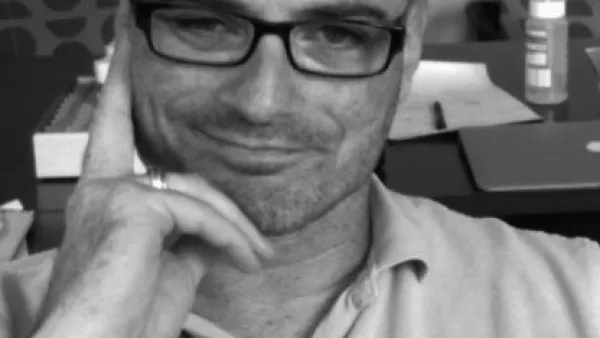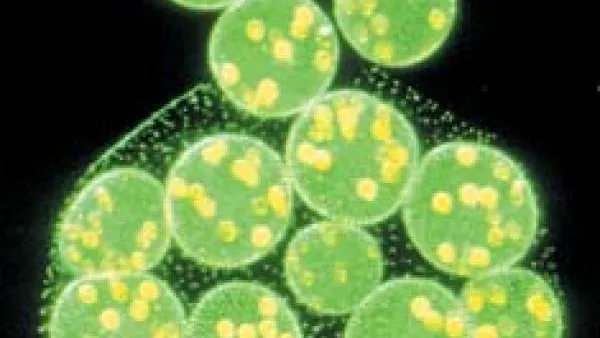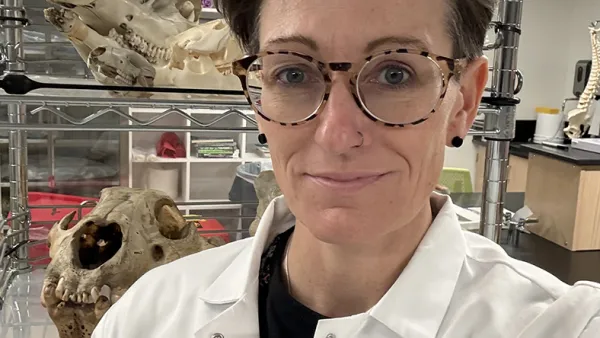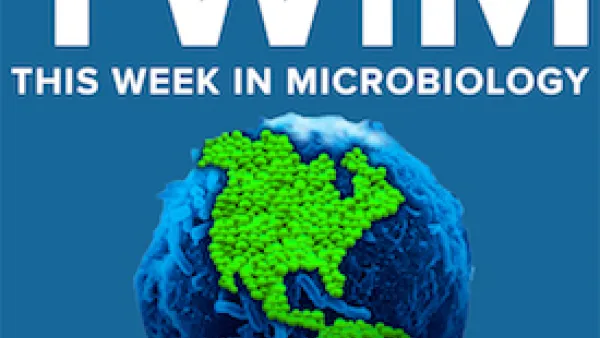
My name is Eka Jose and I am a senior double majoring in Anthropology: Global Health and the Environment and Biology. I have been working in the Kranz Lab since my freshman fall and spent a year doing tech work before beginning research my sophomore year. I began by learning the CcsBA purification technique because that is the protein responsible for cytochrome c maturation, among others, and cyt c is vital for respiratory processes and bacterial survival. After learning the reconstitution techniques, I had the opportunity to research full-time through the BioSURF program and really began to conduct my own research. Before COVID, I was investigating how CcsBA interacts with cyt c and other peptides upon maturation and factors that inhibit the release of the matured protein from CcsBA. Although this research was cut short and I was unable to conduct follow-up experiments, I was able to gather enough data to write a thesis, which I am currently working on. I was also able to perform supplemental research through reading journals and articles that had been published by the Kranz lab and others. This helped me to form conclusions in the absence of wet lab research.

My name is Ethan Lowder and I am a Junior majoring in Biochemistry doing work in the Kranz Lab since my first-year fall. The work I do is analysis of CryoEM data and structural features of CcsBA. CcsBA is responsible for cytochrome c biogenesis in many organisms, and my work includes looking for how certain structural features play into the mechanism of this biogenesis. After learning techniques and doing work with protein purification my sophomore year, this was a great extension of my learning and interests in the field along with the learning I did about structural characteristics of proteins in my classes. Cytochromes have always been of special interest to me, and the work Dr. Kranz has done with cytochrome c biogenesis has played naturally into those interests. While this work is computer based in nature, there were still a lot of differences before and after COVID started. A heavier reliance on email, zooms to show figures and not being physically in the lab promotes a more formal aspect of communication, rather than just a simple chat about something I am unsure of for the project. This has led to an adjustment on how I work in the lab but doesn’t hinder my work in pursuing the project.
For both of us, COVID has changed things but we believe that the Kranz lab has adapted well to these challenges. I believe that our openness in communication, adaptation to challenges of zoom, and recognition that COVID has made our personal lives more flexible has greatly added to this success. The support from WashU through technology and study spaces, the Kranz lab, and the WashU research community as a whole has made this change much easier for us. We hope that we can continue to stay safe doing this work and look forward to making the adjustment back to normal in the future!




